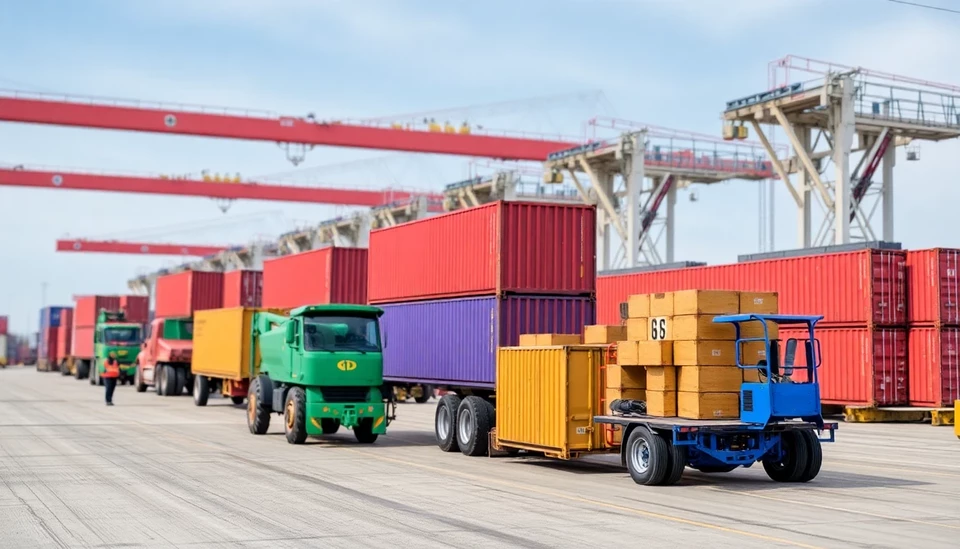
The new tariffs imposed by the United States are set to create significant economic challenges for millions of Chinese workers. As the trade war intensifies, these tariffs threaten to disrupt supply chains and lead to substantial job losses across various industries in China.
Recent data indicates that the tariffs, which have been introduced on a wide range of goods, will have a cascading effect on employment within the manufacturing and export sectors of the Chinese economy. Analysts posit that this downturn could exacerbate existing economic pressures, particularly as China's growth has already been sluggish in recent years.
Various sectors, including textiles and electronics—major staples of China's economy—are predicted to be the hardest hit. Many manufacturers rely on access to the U.S. market, and as tariffs increase, companies may be forced to cut costs, leading to layoffs and reduced working hours for laborers.
Experts suggest that the consequences of these tariffs could ripple beyond immediate job losses. With millions of Chinese workers already facing uncertain economic conditions due to the pandemic's lingering effects, further disruptions could lead to higher unemployment rates and increased social unrest.
The Chinese government is closely monitoring the situation, as it may need to step in with stimulus measures to mitigate the potential fallout. The labor market, which has shown signs of resilience despite external pressures, is now at a critical juncture. The balance between maintaining economic stability and addressing worker needs will be crucial in the months to come.
As these tariffs continue to unfold, there could be wider implications not only for China's economy but also for global trade dynamics. The mayhem sparked by trade policies often influences other nations, raising the stakes for international relations as countries align themselves based on economic interests and policies adopted by the U.S.
Negotiations between the U.S. and China remain tense, with both sides seeking to assert their positions in a complex trade landscape. While efforts to reach a resolution are ongoing, the immediate impact of tariffs looms heavily over millions of Chinese workers, raising questions about the future of employment in the region.
The situation presents a stark reminder of how interconnected global economies are and how policy decisions can have far-reaching effects on everyday lives. As the world watches closely, the ripple effects of these tariffs will surely reverberate throughout the economy, making it imperative for stakeholders to adapt quickly to the changing landscape.
In conclusion, the implementation of tariffs is not just a matter of trade policy; it is a significant socioeconomic issue that could determine the livelihoods of countless individuals. The unfolding economic challenges in China will require vigilant observation and strategic responses from both local authorities and international players alike.
#Tariffs #ChinaEconomy #TradeWar #GlobalEconomy #JobLosses #Manufacturing #ExportSector #SocialUnrest
Author: Laura Mitchell




